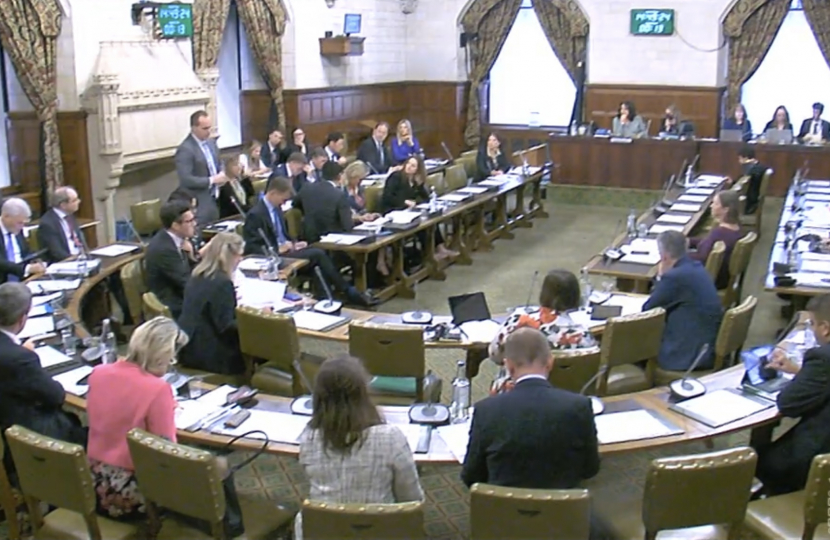
I’m hoping to speak this week in a debate in parliament on sewage discharges in water, a topic I promised I would return to in this column.
First things first: we have far too much sewage being discharged into our waters. This is something you’re unlikely to hear anyone from any political party disagree with. It is supposed to be done rarely by water companies, using storm overflows, a type of relief valve when there is too much water – say, during a heavy downpour – running into drains and sewers in a short space of time.
But the fact is water companies have been discharging sewage far more than they should be – for the equivalent of some 68,000 hours in one year in the waters around Oxford, according to the Oxford Rivers Improvement Campaign (ORIC).
It is not a new or recent problem: our sewerage systems were largely built in Victorian times. It has come into focus recently thanks to the work done by some excellent campaigners and a controversy we had over a vote last October.
That vote was over an amendment a hereditary peer, the Duke of Wellington, sought to make to the Environment Bill. When it was defeated, a lot of nonsense was written – particularly online – that Conservative MPs had voted to ‘allow water companies to dump sewage’. The independent fact-checking website, Full Fact, showed this claim to be untrue, saying ‘a vote either way would have continued to allow sewage to be released into rivers.’
The reason for this is sewage overflows perform a very important function. Due to the age of our sewerage system, it can’t be changed overnight and if sewage can’t be released into water it instead has to back up into people’s homes. So, as is sadly often the case, what has been written misrepresents what actually happened.
The Government worked with the Duke and others to agree an amendment to the (now passed) Environment Act that puts a legal duty on water companies to progressively reduce the harm from storm overflows. The recently published Storm Overflows Plan will unlock £56 billion to tackle the problem. In addition, the Government has just increased the maximum fine the Environment Agency can seek from £250,000 to £250 million.
As a campaigner on environmental issues and vice-chair of the Chalk Streams parliamentary group, I take this issue very seriously and have spoken in parliament about how water companies have to do better. As Michael Gove said in 2018, “So what does the public see? An industry slow to stop leaks, slow to repair them, slow to stop pollution and slow to say sorry.” That has to change – and the Government is determined to ensure it does.
